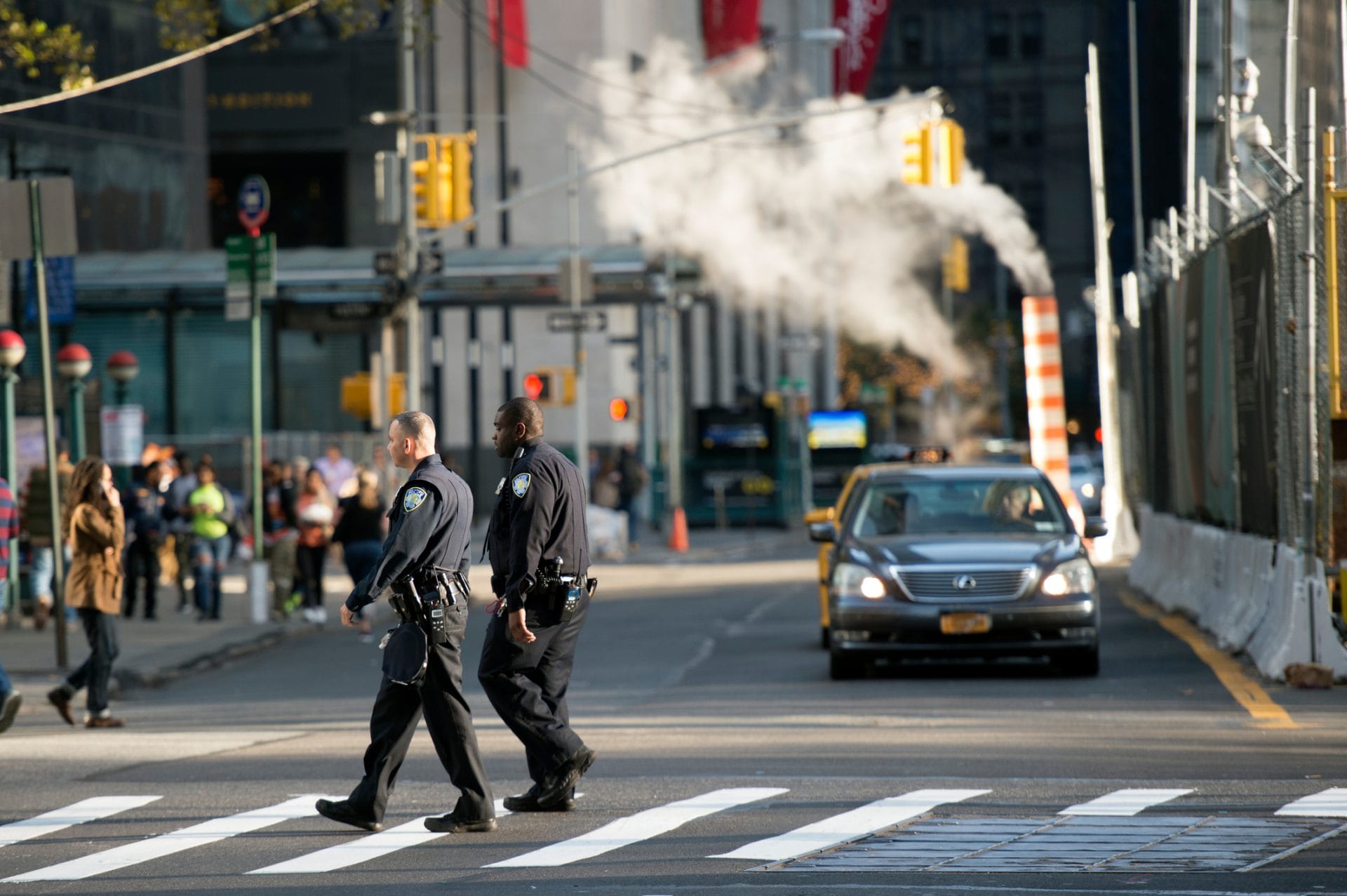
It’s Time to Address Police Suicides
Each year during Police Week, the nation takes a moment to acknowledge the sacrifices made by officers and their surviving families. In 1962, President Kennedy signed a proclamation marking May 15th as an annual day of remembrance honoring police officers killed in the line of duty. This tradition has grown into an annual week of activities held in Washington DC, centering around the Law Enforcement Memorial where the names of over 21,000 officers killed in the line of duty are inscribed.
For me, Police Week is a time to remember friends that I’ve lost and to reflect on how fortunate I was to survive a very dangerous 25-year career in law enforcement. It’s also a time to shed light on the fact that while we openly honor those killed during heroic service, we fail to acknowledge the hidden psychological wounds inflicted on those who wear the badge and survive.
This year I’m thinking about a colleague who died recently by suicide after retiring from the job. I think about how, as ATF special agents, we survived high-risk operations together and how it came to be that he did not survive in retirement. I regret that I failed to stay in touch. I feel terrible I didn’t know that he was in so much pain.
This April, the New York City Police Department, in partnership with the Police Executive Research Forum, hosted a Law Enforcement Suicide Prevention Symposium. The extraordinary event welcomed hundreds of experts to explore an inconvenient truth: more police officers die by suicide than are killed in the line of duty.
One report suggests that three times as many cops die in suicides each year than are shot and killed keeping our neighborhoods safe. The symposium and report demonstrate how the law enforcement community is concerned about officer suicides and is willing to push back on perceptions that mental health and suicide are shameful topics not to be publicly discussed. That’s a hopeful sign.
Along with hope, there’s also a growing sense of urgency. In Chicago alone, six police officers died by suicide during a recent eight-month period. In 2018 alone, 159 officers died by suicide. Clearly this dialogue has come too late—but at least it has begun.
Suicide is not a phenomenon unique to law enforcement. It mirrors similar trends seen in the military, where the 321 active duty service members who died by suicide during 2018 reached historical highs.
If we widen the lens further, we see that teenage suicides have spiked more than 50 percent between 2007 and 2016. In any given year, the majority of gun deaths are the result of suicide.
Central to law enforcement culture is the ideal of the warrior—the brave individual who risks their life to protect others. However, this week I will strive to instead elevate the ideal of the guardian, with its emphasis on community, rather than solitary action. I will remind my peers that the risk of self-inflicted harm, often acted upon in isolation, is a far greater risk than violence in the line of duty. I’ll be checking in with colleagues to see how they are doing.
And if you know a cop or veteran—or anyone who might be in need of help, for that matter—I encourage you to do the same. You may be surprised by what they tell you. And you may even save their life.